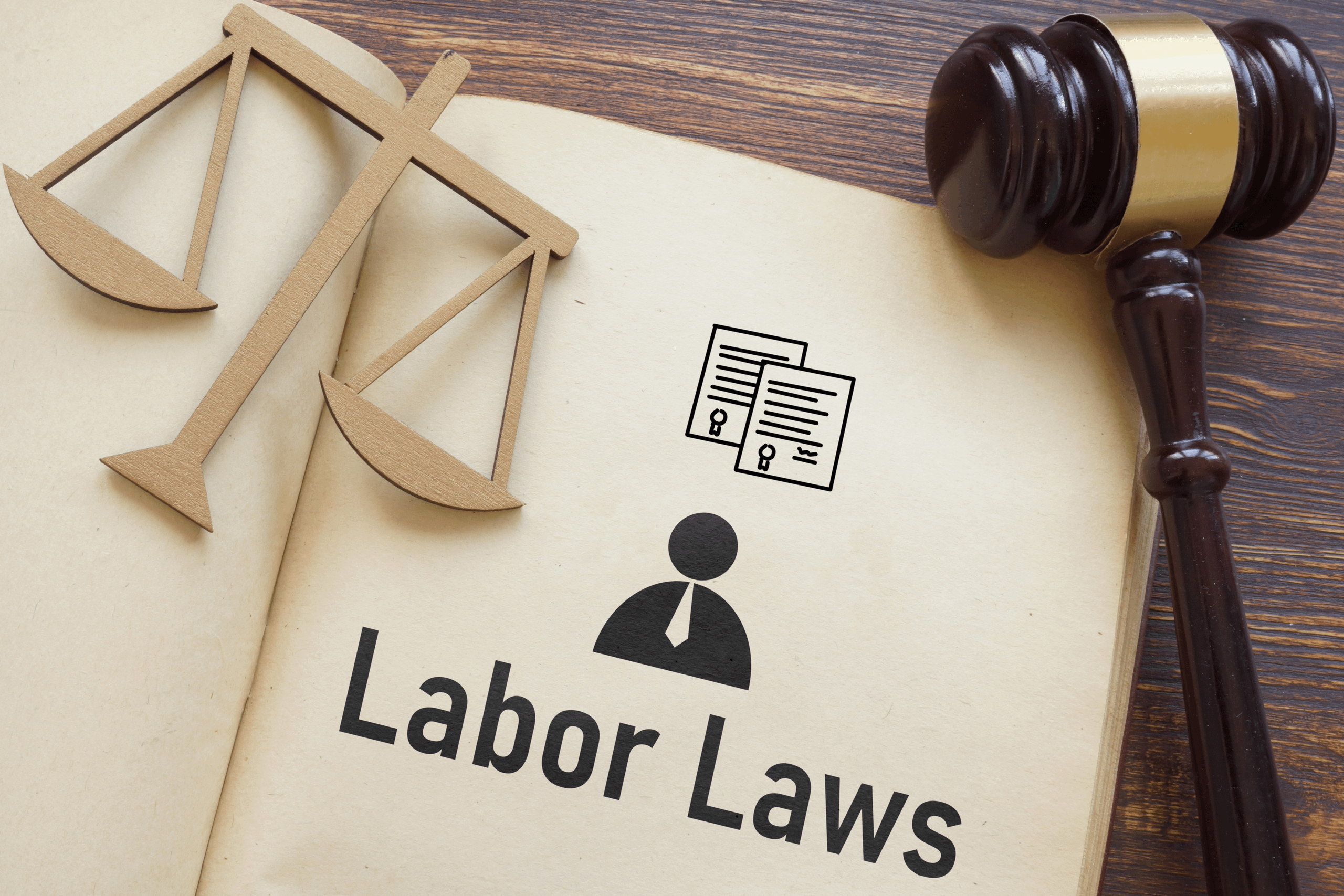Whether you’re a managed care plan or a nursing home provider, collecting a patient’s Net Available Monthly Income (“NAMI”) debt or excess income (“spend-down”) can be a constant struggle. You are plagued with questions. Where are those income checks going? Who is accessing them? How are they being spent? What steps can I take to have the checks applied to the patient’s cost of care?
The first challenge of collecting a patient’s income is evidence gathering, and the key to effective evidence gathering is identifying access. Who has had access to the resident’s income? The answer to this question is the A, B, C of income collection:
- Is there a power of Attorney?
- Is there a joint Bank account?
- Is there Cohabitation with a third party?
The best starting off point is with a simple interview. Ask the patient about the disposition of his or her income. Question a family member about where the patient’s income checks are going. You never know what you can learn.
Recently, after receiving a demand letter from our office, a patient’s daughter called to deny liability for the debt; however, in speaking with her, it soon came out that she had been using the patient’s income to pay her own rent. A review of the financial records in the patient’s Medicaid file showed that the patient’s checks were being direct deposited into a particular bank from which regular withdrawals were being made. The daughter’s admission, plus the bank statements, were sufficient to commence a collection action under Debtor-Creditor Law.
The non-receipt of a patient’s NAMI or spend down month after month quickly adds up. For MLTCs and providers alike, knowing the ABCs of income collection is essential to your bottom line.





